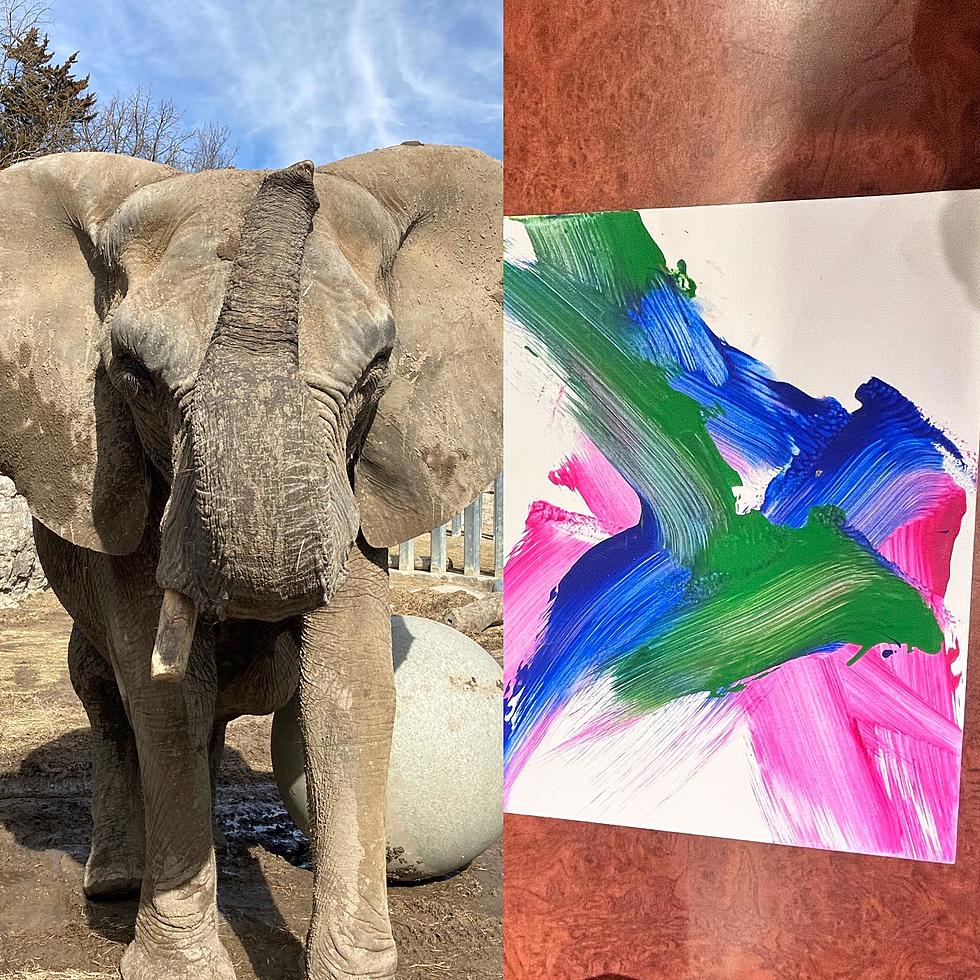
The Kansas City Zoo Is On Track For New Aquarium. See The Progress
Have you ever been to the zoo? Of course you have. I am many great memories of going as a child. Seeing all of the amazing animals, enjoying the dolphin show and getting wet, and sometimes you were able to see the animals up close and feed them. If you happen to like seeing many of the creatures in the sea, the Kansas City Zoo has an update for you.
The Zoo has been in operation for 112 years. And this aquarium is the largest single project that they have ever worked on. They are spending about $75 million dollars on it. Over the past month, most of the work being done is the pouring on concrete. 50 trucks worth.
The construction teams have also been installing acrylic pieces for the animals’ habitats, including a 33-foot demi-tunnel for the Pacific Reef and a giant jelly-bean-shaped piece for the Tropical Lagoon. The drone video of the aquarium build is above.
You can click HERE for a link to a story done by KMBC. It is a pretty impressive and large aquarium that is being built. According to the Zoo's website, this is how they describe the newest addition:
"Zoo visitors will enjoy an up-close and personal experience, beginning at the warm-water shore habitat and traveling “deeper” through mangrove forests, sandy shores, tropical lagoons, and coral reefs. Then they'll “ascend” through a kelp forest and end at a cold-water rocky shore. Each habitat will showcase a variety of fascinating ocean life, immersing visitors in the experience of being at the ocean."
I haven't been to a zoo in a long time. Now I think I may have to carve out some time when this aquarium is finished. Who is with me? For a link to their Facebook page you can click HERE.
LOOK: Stunning animal photos from around the world
More From AM 1050 KSIS

![Watch Nuniq Celebrate His Pawesome Birthday at the KC Zoo [Video]](http://townsquare.media/site/466/files/2023/11/attachment-Untitled-design-43.jpg?w=980&q=75)








